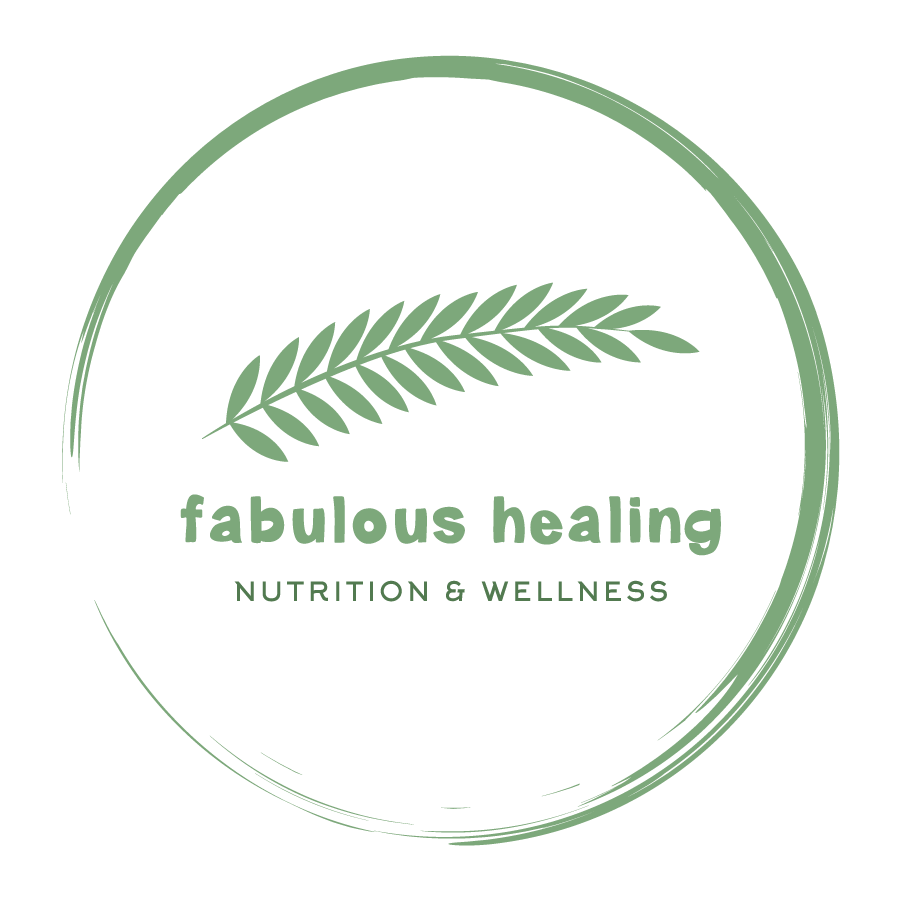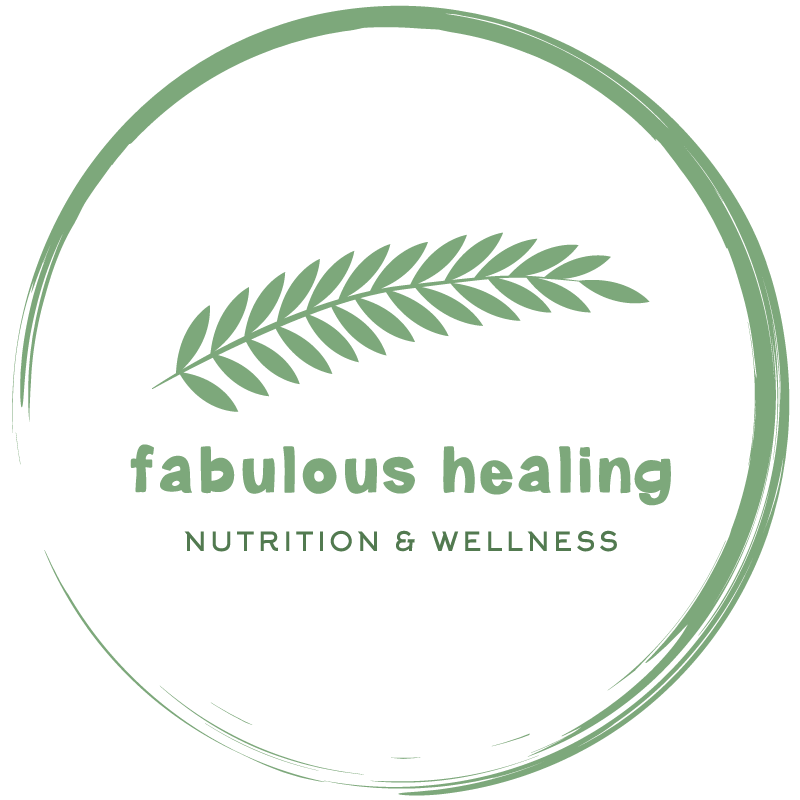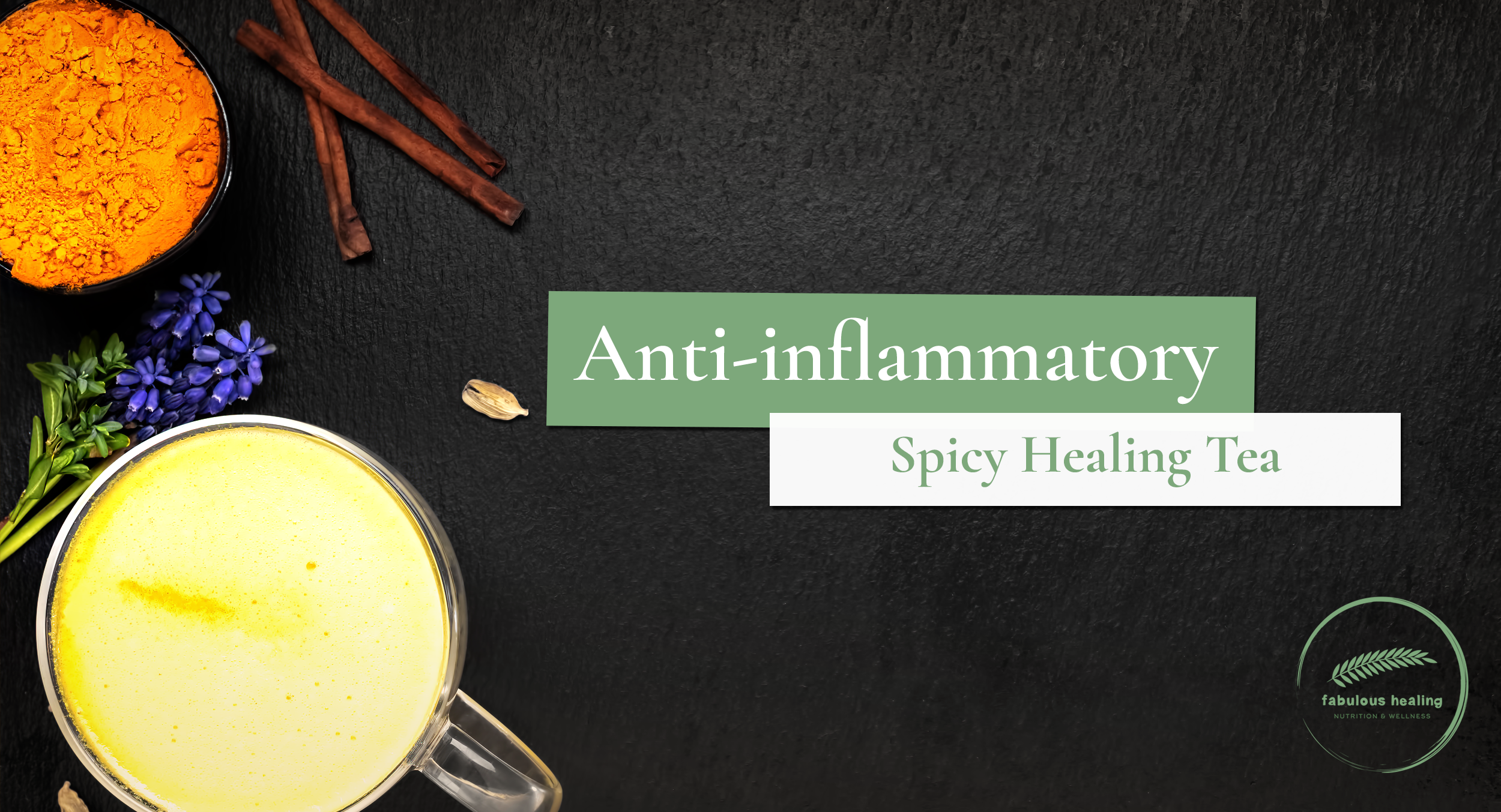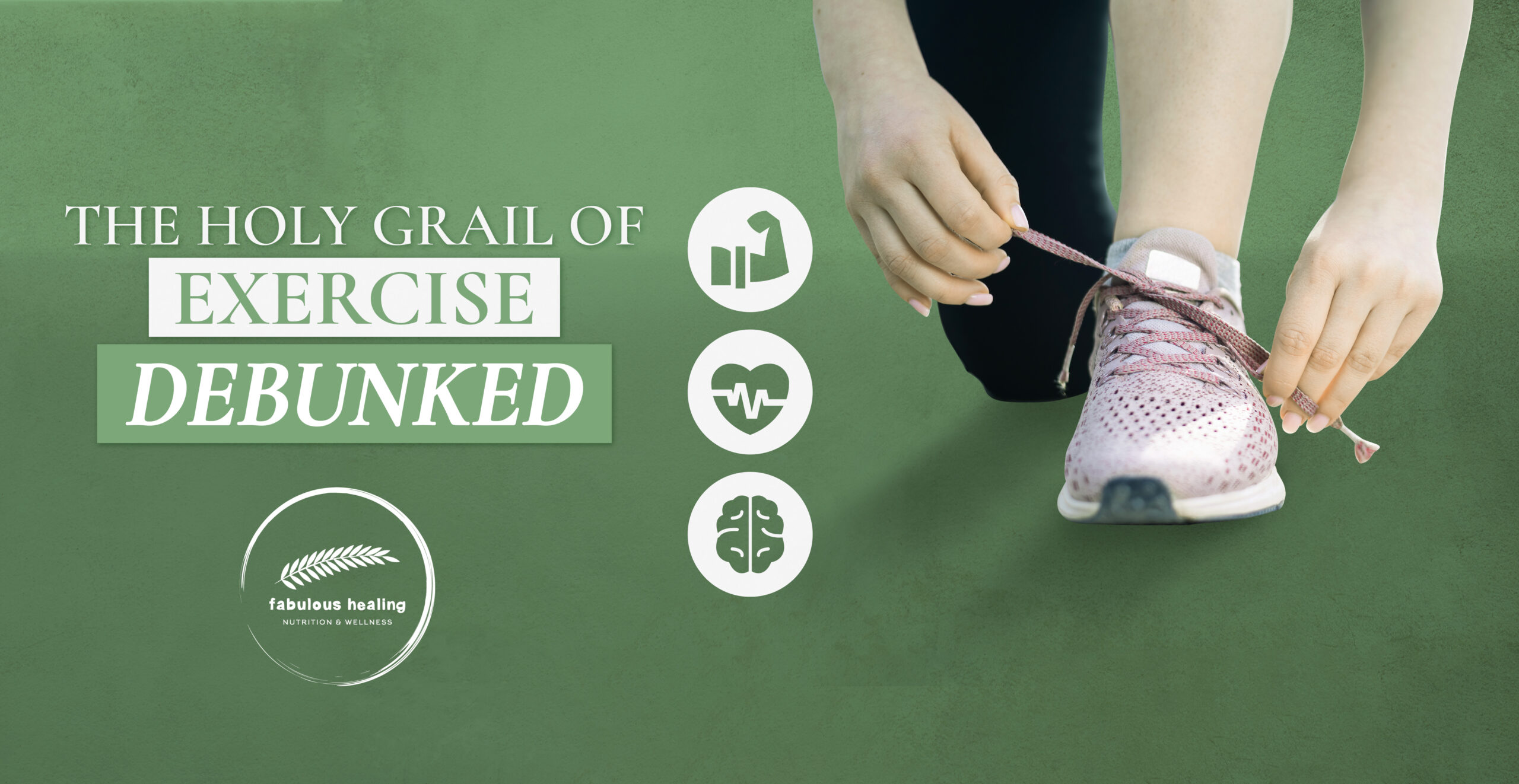
Autumn is almost here and winter is fast approaching! During these cold seasons, we are exposed to —and at risk for—illnesses such as flu, common colds, and other infections from germs and viruses.
Some of the signs of a weak immune system are:
- frequent sickness or fatigue
- skin infections and rashes
- headaches
- autoimmune disorders
- digestive issues
- and more!
1. Hygiene
One of the most effective ways we have to protect ourselves and others from illness is good personal hygiene. Washing your hands with soap and water has shown to be an effective technique to protect against infectious illnesses, but there are other things we can do:- Be careful not to cough or sneeze on others.
- Clean things we’ve touched when we’re unwell.
- Place used tissues into a bin.
- If you travel a lot, you may want to carry a to-go package of disinfecting wipes and clean the surface of your sitting area at the aircraft or train.

2. Sleep
Sleep is important for physical and mental health and for quality of life. A night of good sleep is just as important as regular exercise and a healthy diet. During sleep, our body is working to support the brain function and repair the body’s different systems, including the heart and the blood vessels. It is important for healthy hormonal balance, blood sugar balance, and helps to keep the immune system running efficiently. For adults, it is recommended to have a minimum of seven hours of sleep a night. A 2015 study (1) suggests that people who had on average five hours or less sleep a night tripled their risk (!!!) for common cold compared to people who had seven hours or more of sleep a night.
3. Avoid stress
Chronic stress can cause a variety of symptoms and affect your overall well-being, even though you might not realize it. To protect your health, try to maintain a healthy level of stress in your life. If you are going through a rough time of “can’t find your way” in the day-to-day tasks and work, seek professional help or at least have someone close to talk to. Keeping your body active regularly supports low levels of stress.4. Avoid allergens
Chronic exposure to allergens can have a negative effect on the immune system. If you know of food or a substance that you are allergic/sensitive to, it is highly recommended to avoid it. Read food labels properly and make sure you recognize each ingredient. In addition, avoid as much as possible the possibility of cross-contamination.
5. Nutrition support
What we eat affects our body and the immune system directly. Some of the things to pay attention to when it comes to nutrition include:Quality of your diet
Maintaining a clean and healthy diet helps strengthen your body and the immune system. Try to avoid refined sugars and high sugar foods, any food that you are sensitive to, high processed foods, and maintain a low consumption of alcohol.Vitamin C
Your Vitamin C intake plays a role in the immune function. Regular consumption of fresh fruits and vegetables will provide an abundant amount of vitamin C to help your body be more protected during the cold season. Remember, vitamin C levels tend to decrease when the food being processed (cooking, roasting, cutting, etc.), so it is best to eat as many fresh fruits and vegetables as possible.Vitamin D
Vitamin D has major effects on nearly all cells of the immune system. During the colder months, we usually are less exposed to the sun. Whether it’s the gray sky or the fact that we tend to spend more time indoors, when we aren’t exposed to the sun, the vitamin D level in our body decreases, and it may affect our immune system. However, I don’t recommend jumping right away and going out to buy a vitamin D supplement. Vitamin D overdose can be toxic. Therefore, consult with your nutritionist or primary care physician before getting your vitamin D supplement.The Healthy Gut Microbiome
the right foods can support a healthy gut microbiome that directly affects the immune system and our mood. It also provides nutrients that are needed to support the immune system. In order to maintain healthy gut bacteria, it is best to avoid highly processed foods, junk foods, and refined sugars and grains. There is plenty of evidence to prove that regular consumption of these types of foods impairs the immune system. A diet that is rich in highly-processed foods changes the gut microbiome, impairs the immune system and is directly connected to high-risk of heart disease, diabetes, and cancer.There are plenty of healthy foods that support a strong immune system. Here are the highlights: Probiotic foods: support the growth of a healthy microbiome, which in the long run protect the immune system. Note that a healthy gut microbiome doesn’t happen overnight and it may take a few months before you see some results. In addition, in order to keep the healthy gut microbiome population, you’ll need to feed the bacteria in your gut with appropriate foods. Examples of probiotic foods include sauerkraut, yogurt, pickles, fermented foods, miso, vinegar (unsweetened), and more. Prebiotic foods: the foods that feed the healthy bacteria in your gut. Examples of such foods are onions, garlic, and fiber-rich foods like fruits, vegetables, legumes, whole grains, nuts, and seeds.
Source:
Prather AA, Janicki-Deverts D, Hall MH, Cohen S. Behaviorally Assessed Sleep and Susceptibility to the Common Cold. Sleep. 2015;38(9):1353-1359. doi:10.5665/sleep.4968
Fabulous Healing
Liat Nadler is a nutritionist, dietitian, health and food relationship expert, licensed psilocybin facilitator, influencer, coach, and a Wall Street Journal #1 Best Seller co-author. She is the founder of Fabulous Healing Nutrition & Wellness, a retired engineer, who helps result-driven females get their glow, increase their confidence & energy, and step into their unstoppable sexy badass selves during perimenopause and beyond!





